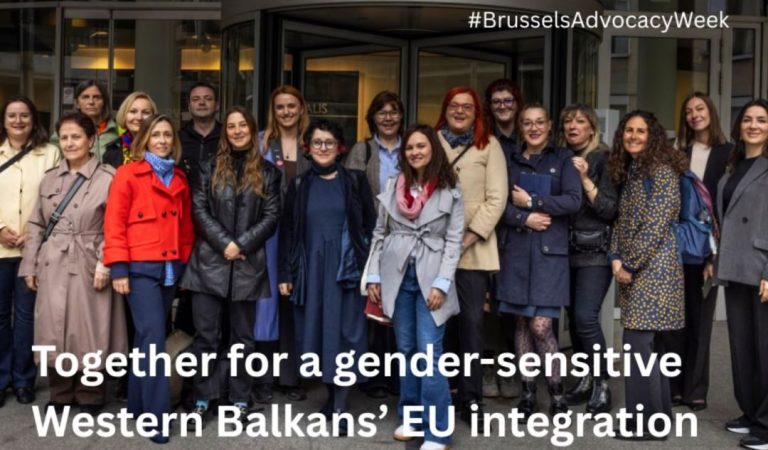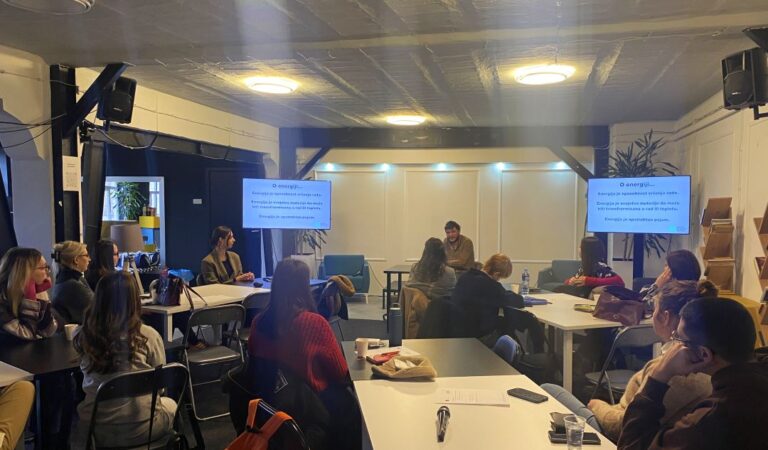One year ratification anniversary
On September 6th 2023, the National Assembly of Serbia ratified the Optional Protocol to the International Covenant on Economic, Social and Cultural Rights, after more than five years of A 11 Initiative’s advocacy for ratification of this instrument. In late December 2023, the Optional Protocol entered into force in Serbia, becoming an integral part of its legal framework.
The Optional Protocol provides an opportunity for citizens of Serbia to protect their rights before the UN Committee for Economic, Social and Cultural Rights, if domestic legal mechanisms have been exhausted without results.
In addition to providing remedy in individual cases, the Committee could clarify and concretize the obligations of the Covenant and make them easier to implement in front of domestic authorities. Another advantage of proceedings before the Committee could be a greater focus on systemic changes and the elimination of structural problems, rather than a remedy to identified violations and damage award in individual cases. It could help domestic authorities to better understand obligations related to social and economic rights and influence the legislator to avoid adopting solutions that conflict with these obligations.
The road towards this important milestone in the protection of socioeconomic rights in Serbia was long and hindered with obstacles. Back in April 2018, during the third Universal Periodic Review (UPR) of Serbia, the Working Group for the UPR at the Human Rights Council sent a recommendation to the Republic of Serbia to ratify the OP ICESCR. Serbia did not accept this recommendation.
A 11 Initiative informed the public about this regrettable outcome and engaged in advocacy for ratification of the Optional Protocol, which consisted of several complementary activities targeting government authorities (through meetings, public debates, initiatives and indirectly through reports to the UN treaty bodies), the media (through numerous press releases), and the general public (through video materials, messages from experts, and combination of informative, awareness-raising and participatory activities for citizens). Advocacy efforts were underpinned by analysis demonstrating the benefits and need for ratification of the Optional Protocol in Serbia.
This unified advocacy eventually led to ratification of the OP to the ICESCR.
Within the fourth UPR of Serbia, the state again received the recommendation to ratify the Optional Protocol to the ICESCR. This time, Serbia accepted the recommendation, explaining that formal procedures were underway to ratify the instrument.
This serves as an excellent example of the transformative power of advocacy, particularly considering that during the previous UPR cycle in 2018, Serbia did not accept recommendation to ratify the Optional Protocol to the ICESCR.
[ngg src=”galleries” ids=”27″ display=”basic_slideshow”]
After successfully advocating for the introduction of Optional Protocol, the A 11 Initiative focused on improving understanding of the functioning of this mechanism for protection of economic and social rights and the way it could be used to improve not only protection in individual cases, but also as a tool to improve legislation, policies and practice in the field of socioeconomic rights.
In May 2024, its event “Social Rights Day” – an A 11 Initiative`s annual program for the promotion of social rights, supported by the Sigrid Rausing Trust, provided an oportunity for exchange of experience with activists from Spain, where the use of the OP to the ICESCR already brought significant changes in the access to rights, primarily regarding the right to adequate housing.
The A 11 Initiative will continue its efforts to increase knowledge about the use of Optional Protocol to the ICESCR and its potential to make significant difference in the lives of many citizens through improved protection of their economic and social rights.



